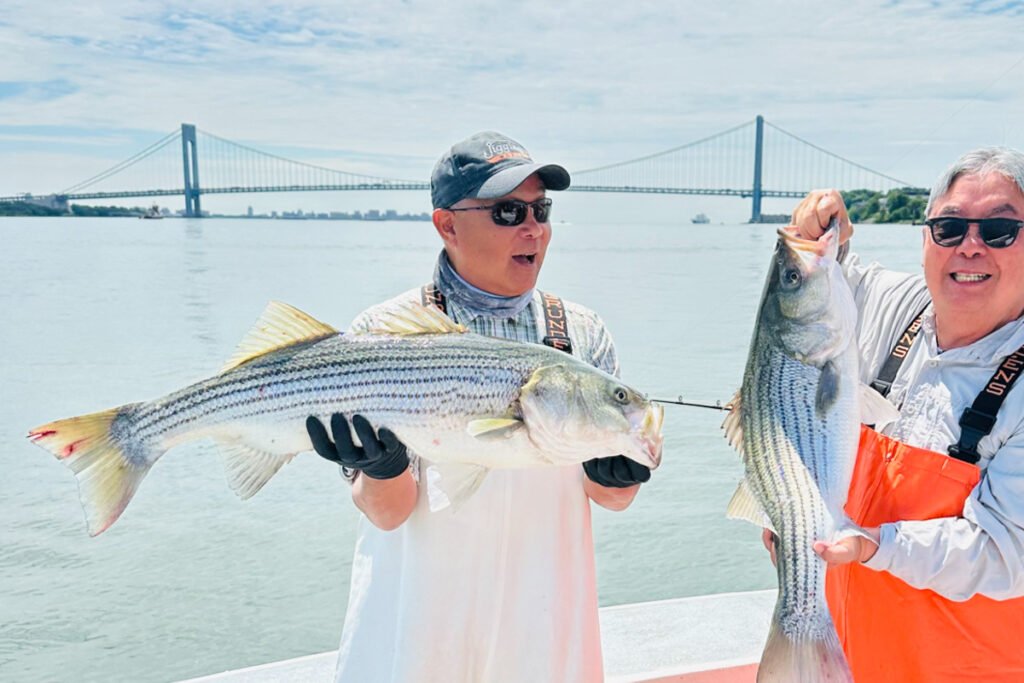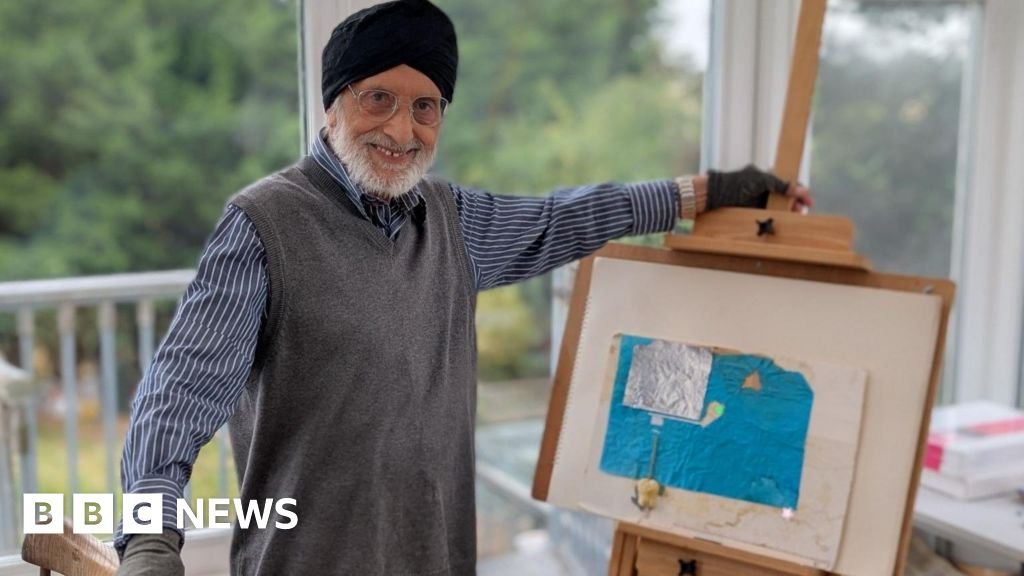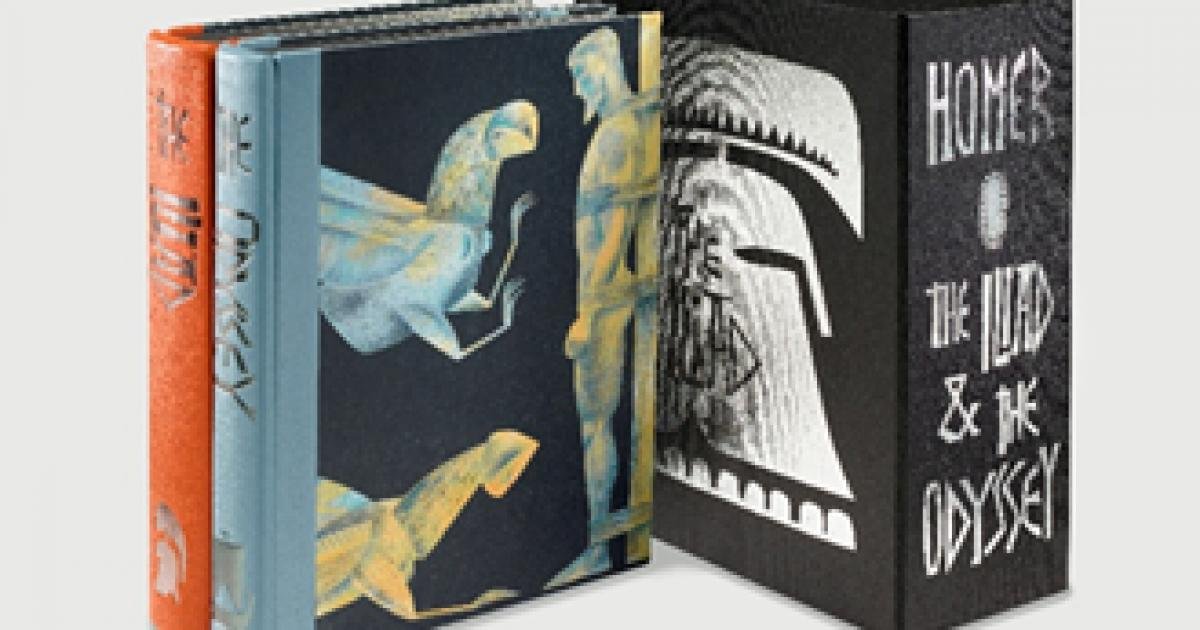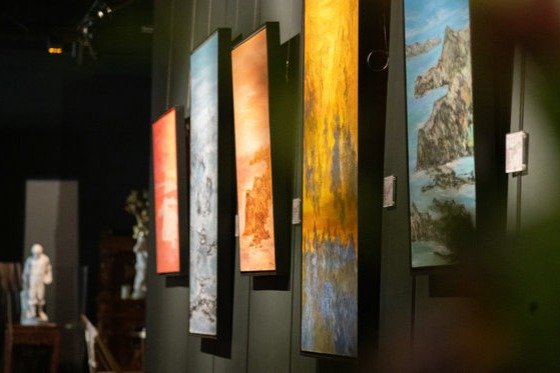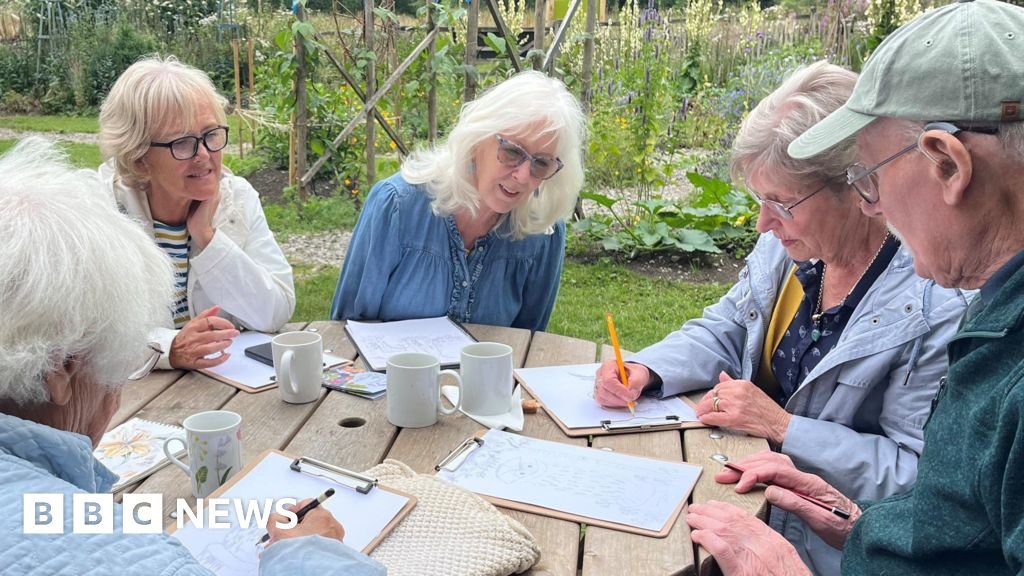Just after dawn on a recent Tuesday morning, I drove down to the Tamaqua Marina in Sheepshead Bay to meet up with the longtime Chinatown artist Arlan Huang. Huang had invited me to go fishing on a chartered boat with him and three of his buddies—all gray-haired men who had met as part of the burgeoning Asian American arts and politics movement of the 1970s—after a mutual friend had informed us both that we shared an obsessive devotion to fishing.
I had first met Huang in 2021, when I interviewed him for a story about all of the various activists, Huang included, who were very mad at the Museum of Chinese in America, but that day on the Fatback, a classic downeaster-style boat, neither of us cared to chat about politics, or art, or activism—we just wanted to catch some monster striped bass. “I can’t deal with that shit anymore,” Huang told me, mostly joking, as our boat captain sped through the New York-New Jersey Harbor in search of a pod of bass. “I just go fishing.” (A week later, I bumped into him at a protest held by a Chinatown arts group.)
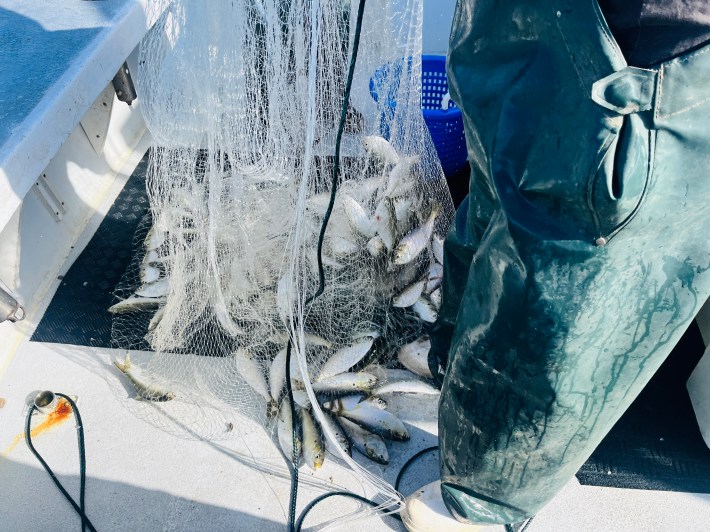
Huang is one of those New Yorkers who’s revered by a very small group of people, yet is practically unknown by the rest—a member of the groundbreaking Chinatown arts and activism group Basement Workshop, Huang was also a member of the Asian American arts collective Godzilla, which was most known for calling out the Whitney Museum’s lack of Asian American artists. Fishing with us that day were a crew of other former Basement activists—Alan Okada, who worked with Huang to pull together the group’s seminal zine “Yellow Pearl” before pivoting to a career in philanthropy at Citibank; George Chew, a Chinatown native and a now-retired immigration judge; and John Moy, an industrial artist who used to make his own rods. “George is a Chinatown fisherman—you catch as many fish as you can, and you keep it all, and then you give it out to your family,” Huang quipped. As we waited for our captain to locate some striped bass on his boat’s fishfinder, they all reminisced, not about their days as young activists, but about all the fish they’ve caught.
Around noon, at the base of the Verrazzano-Narrows Bridge, jackpot—there were some huge fish just lurking on the bottom. We all quickly baited our hooks with live bunker, cast out, and waited. Soon, we all felt the tell-tale tug, and for a few minutes, the Fatback buzzed with activity—fish after gleaming fish being pulled on board, before being anxiously measured against a ruler to determine if we could legally keep it.
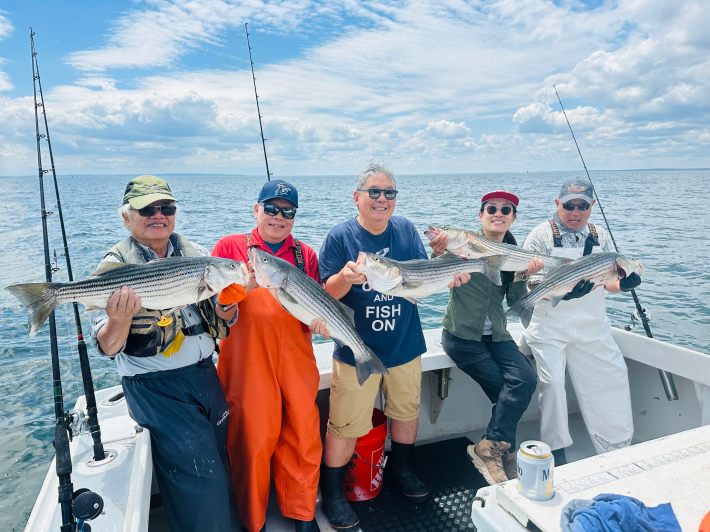
Incredibly enough, given the new, more restrictive slot instituted last year, each of the striped bass were within the narrow limit that would allow us to take home one fish each. I departed clutching a bag full of striper filets, and shortly after, I caught up with Huang to talk about all things fishing.
This interview has been lightly edited and condensed for clarity.
Hell Gate: So Arlan, I know you as an artist and activist, but it turns out you’re also an avid fisher. When did you get into fishing?
Arlan Huang: I started when I was a kid. I can’t even tell you how old. I just remember going down to the bait shop by the pier in San Francisco and buying, like, 50 cents worth of shrimp. I had a hand line, and I just went to the pier and fished.
What would you catch?
Shiners. And then one of the prize fish was smelt. And the big prize was a jacksmelt, which were bigger.
When I was six, seven, or eight, I would go down to this place in Chinatown called Yee Ong, and Yee Ong was my grandfather and great-grandfather’s place, and it was an import-export place, and other nefarious things. [Laughs] And I remember one time I was down there with my dad, and there was this guy, and he had this fryer on. He was frying these fish and I said, oh my god, it smells so good. And he said, would you like one? Then I said, Yeah, okay. And it turned out he was frying smelt. So that’s why smelt was always a big deal for me.
You moved to New York City to go to art school, at Pratt.
Yeah, and I didn’t fish [in New York City] until meeting my future partner in Squid Frames, Karl Matsuda. And that was “Yellow Pearl” days, 1972, 1971 or something like that. And he said he fished. So we went fishing a couple of times. We rented a skiff and went to Long Island and fished for porgies. And then we went camping a couple of times, and so that sort of got me all interested in fishing again.
And then we got into surf fishing. We fished Jones Beach, Robert Moses, and once a while in Montauk, though Montauk was too far, really. We always targeted striped bass, striped bass was the fish to get.
This was the ’70s, 80s, a busy time; Basement Workshop was founded in 1970. How often would you go fishing?
There were a lot of things going on. But during the season, we’d be out there all the time. And sometimes, we would fish the late tides and just come into work at our shop and just pretty much sleep until 2 o’clock. And we were into drinking too, so we’d be drunk the night before, and—crazy, right—drive out to Robert Moses and then just take a nap until dawn. I remember a couple of times we’d be in the car with the heat on, the motor on, and we’d be sleeping, and then we’d be awakened by this rustling around, and all these guys were getting their gear together and going out to the beach. And we had fucking missed the fish!
When you think back to that time period, is there one fishing story that stands out in your mind, that you think about to this day?
There were so many, come on. There’s all kinds of fishing stories.
Pick one!
So we used to fish with some other people who really didn’t fish, from Chinatown. And there was this one very, very, very funny guy. His name was Peter, his nickname was PJ.
There was this dive bar on East Broadway called Grandpa’s. This is the late ’70s, ’80s, and everybody used to go to Grandpa’s. The gangs would be there. The Communist Party would be there, Basement [Workshop] would be there. All these rival groups in Chinatown would be all there drinking, one time or another. And PJ lived across the street on East Broadway.
As it turns out, PJ was a true Chinatown kid. In fact, 14th Street was uptown to him. We goaded him into buying a rod and reel and going fishing with us. And so, under the guise of just hanging out and drinking, he came fishing with us. And there was this one time when Karl caught this huge bluefish, you know, 16 pounds, right? And it was lying on the beach. And we’re all fishing because the bluefish were there. PJ got tired, he was casting, he didn’t catch anything, so he kind of gave up. And he decided to take Karl’s fish and put it in the water and let it swim around. He tied a rope to him and we’re watching him, and I said, What? What? What is he doing, man?
And all of a sudden, he’s getting deeper and deeper. Now, Peter, coming from Chinatown, he don’t know how to swim. So I say, Hey, man, Peter, what’re you doing? And he said, I lost Karl’s fish. He had it on a rope, and the rope got loose and the fish swam away.
How mad was Karl? I would have been so mad.
How can you be mad at PJ!
All of the other artists and activists that were part of your crew back then, what did they think about the fact that you and Karl were so, it sounds like obsessed might be the right word, with fishing?
We were obsessed with it. But, you know, at that time, we did worse things than that.
Actually, by that time, we had already burnt out. And I had already told the Communist groups to, you know, go to hell, I don’t need you guys.
What was the appeal for you of fishing, because it’s a huge time commitment. You’re often fishing until way past midnight. It takes a lot of time, takes a lot of effort, it can take a lot of money, the gear is not cheap.
I actually tell people, fishing is almost the same thing for me as doing art. And it may be really corny to say this, but it’s all an act of faith. When I’m painting, it’s an act of faith. The painting is the evidence of something that I’m thinking about, or I’m trying to work out, and the paint is just evidence, man, that’s all it is. It’s just evidence that I’ve been thinking about all these things.
If I’m fishing at night, which I did all those years, I’m by myself. Nobody wants to go out with me at two in the morning. But I’m comfortable, because I’ve been there so many times, and I know exactly what it is to fish by myself. And you know, throwing a plug in the dark is an act of faith. You think about, what fish is gonna hit this artificial thing at night and you know what? You get big fish at night. And then there’s a whole science to it. There’s a lot of research, and it’s practice. Anything is practice. If you’re gonna fish at 2 a.m., you better be practiced. You better know your territory.
Do you like the solitude of that? It seems like there’s a solitude in painting, and often there’s a solitude in fishing too.
I discovered that I actually needed the creativity of solitude, and I also needed the creativity of a team sport like glassblowing. I needed them both. And so when I fish now, like we did, that’s like glassblowing to me. I’m with people, and you kind of got to have experience so that you don’t get tangled all the time, or if you catch a fish, you know how to go over and under and all this type of stuff. It takes the place of glassblowing for me now.
It was always me and Karl and then some other people. And then it finally got down to just me, because it was just too hard to gather people together.
Me and Karl broke up anyway. We had a big disagreement, a really tough breakup over the business. But our wives, Lillian and Fay [Chew Matsuda], were best friends, and they stayed best friends, and they just wouldn’t take sides, and they just let us stew for seven years.
Did the two of you ever reconcile?
One thing that was always, I think, on our minds was, our kids grew up together. I had helped Karl build his mother’s house in Long Island, and then we had built Chris Ijima‘s parents’ house next door, and our kids were always there. So as our kids were growing up, the breakup between me and Karl was affecting the kids. So I said, Okay, we should reconcile. My kids always fished at Sound Beach, they fished with Uncle Karl. So we had a Costa Rica trip. And said, Hey, man, let’s get Uncle Karl to go to Costa Rica. So my boys went, Karl said he’d go, another friend went, and that was the beginning of redemption.
So the redemption, in some ways, was loosely tied to fishing together again.
Totally.
And then I started fishing with Alan, George, and Karl. When we broke up, you know how friends got to take sides and things like that, so Alan and George took Karl’s side, and they started to go boat fishing. And then me, I had to find some new friends to go surf casting.
So there was a time, maybe eight years ago, they invited me to go party boat fishing with them.
Did that feel like a big deal to you, when that invite came?
Yeah. I’m not a party boat guy, but after we went to Costa Rica, you know, you got to build on that. And so, what the hell, I’ll go party boat fishing, just to be with these guys. And George had a Montauk trip every year, so he finally invited me on that trip. That’s how it sort of started.
What do you think led to them inviting you on those trips?
I think they all understood what me and Karl were going through, and I think they could see the reconciliation developing. It’s my opinion that all good friends, you’re gonna help it along.
Friend couple’s therapy, but through fishing.
You have to find the medium in which you can find common ground.
And then at one point, Karl said he’s done. He’s done with fishing. He was getting old. And you know, his surf rods became staff in his garden for bird feeders.
What changed your mind about party boats?
I’m still not a huge fan of the party boats. I wanted solitude, or I would just fish with one or two guys and, you know, surf casting, even if you go with three guys, you know you’re just gonna separate and go your own way. So it was always much more like painting.
I remember from the few times that I went early on with Karl and those guys, it was like, really stupid, man—you’re shoulder to shoulder. And then you catch bluefish, and everybody’s line is tangled.
What’s changed over the years?
There’s a few party boats left in Sheepshead Bay, but most of them are all gone. Every year, it gets worse and worse. I would say starting 10 years ago, the boats started to close shop.
People are dying. Every year, there’s a death from one of the old-timers, and there’s no younger people coming on board.
The charter boats are different. Traditionally, the party boat is the common man’s boat. You know, poor people can get on the boat, catch as many fish as you can. Most of it is for dinner, right? And you keep it all. That’s what the party boats were all about. The charters, as you well, know, are just for rich people. There’s only, what, six people. Who could afford that? I can’t.
Well, someone did as part of the group that we were with!
All the old-timers, they’re like, we want to catch as many fish as we can because we’re paying money, and I need fish for dinner anyway. You know, this is bullshit, if I’m gonna pay, at that time, $65, and I can only keep three fish? That’s bullshit, man. It’s not worth it.
And then nowadays, it’s $100, and you can only keep one striped bass, and it has to be a slot. All these old timers are gonna say, no way.
The argument for stricter regulation is that it’s about conservation of the fish, which is desperately needed.
Well, I’d say, for the past few years, fishing has become—it’s kind of so sad—fishing has become politically wrong. You can’t really talk about fishing with people sometimes, you know.
It’s like tuna—90 percent of tuna is gone. Then what is my mindset, if it’s only 10 percent left? Well, one thing is, oh shit, man, I better go and catch it now, right? And the other thought is that, you know, you don’t fish for them anymore. In fact, you should fight for conservation and fight for saving that species. So you’re kind of caught in this dilemma. So which way am I going to go? And essentially, striped bass is the same, also.
Where do you fall on that question?
Tuna, I don’t want to fish for tuna. I don’t think you should be fishing for them anymore.
What do you think about the stricter striped bass regulations?
I think it’s a good thing. I mean, global warming, I know for a fact all the stripers are going north because I have friends in Maine, and they’re killing it up there.
You can’t divorce fishing from the politics of the world that we live in.
Yeah, you cannot. But now that the temperature of the ocean is rising, then I don’t know if all of that works. You know, fucking two degrees, and all of a sudden the fish are gone, and the jellyfish are there.
At this moment of boom for the New York fishery, where the warming temperatures are bringing up tuna, cobia, dorado—it’s an illusion. But it’s a great period for fishing.
Speaking of that contradiction—what did you do with the fish that we caught?
I gave it all away to my Japanese crew at the shop. They can’t wait till I go fishing.

